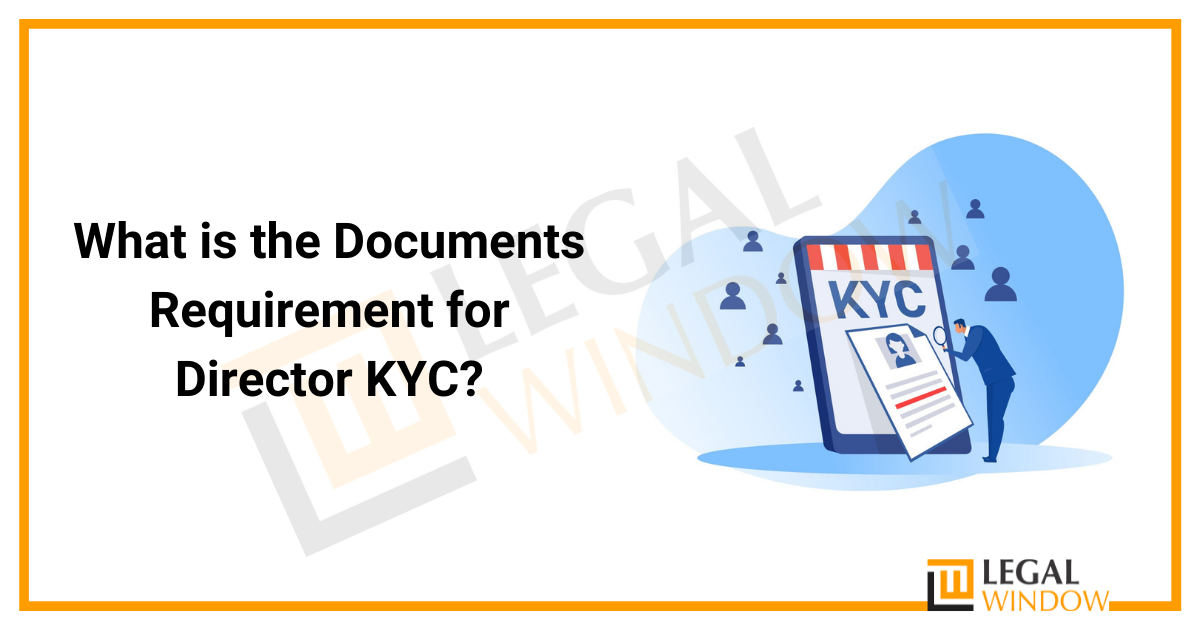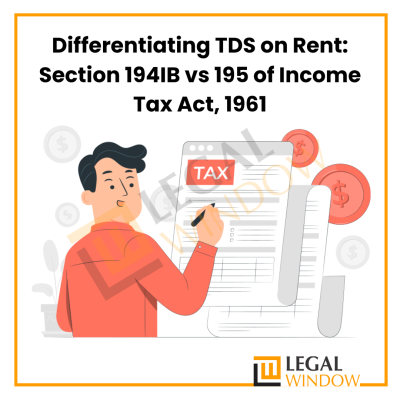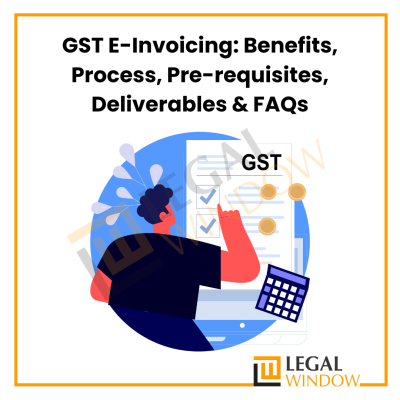
A company is an artificial person which gets acted and represented by the appointed members to act upon on behalf of the company.
According to Tesco Supermarket ltd. Vs. Nattrass – “A living person has a mind which can have knowledge or intentions and he has hands to carry out his intention. A corporation has none of these senses, thus it must act through a living person.”
Thus a company needs to entrust its work to some human agents which turns down to the necessity of having a director. According to Section 2(34) and 149 of the Act, every public limited company shall have three directors and a private limited company shall have two directors. Bypassing a special resolution there can be an extension of 15 appointed directors and one woman director according to the government norms.
Who’s a director?
As per Section 2(34) of the Companies Act, 2013 a director is a person who’s appointed by the Board of Directors in an annual general meeting or in extra ordinary general meeting.
Legal status of a director
- Agents
- Trustees
- Employees
- Officers
- Directors as an agent – An agent may act and enter into a contract in his own name. A director cannot act on his own name. He/she can act upon the name of the company. Thus, the act done by the director can never hold him/her liable rather the company will be held liable.
- Case Law: Kirlampudi Sugar Mills Ltd. Vs. G. Venkata Rao – held – when a promissory note was executed by the CEO for the company’s sake can’t make the CEO personally liable for the act done.
“A director can be held personally liable only when the contract entered bears the signature of the director.” - Directors as Trustees – Directors hold a fiduciary position towards the company and its shareholder. They are required to act in good faith and in the best intentions of the company as a whole.
- Directors as employees – Directors are not employees of the company. Employees are those who are appointed through a contract of service. Under any circumstances where the director accepts employment under a separate contract, the director is treated as an employee.
- Director as officers – Section 2(59) describes a director as an officer. Whether the director is an employee of the company or not, he shall always be treated as an officer of the company.
Types of Directors
Though the Companies Act doesn’t specify any condition on or types of directors. However, it is necessary to understand various types of directors which are as follows:
- Executive director
- Non-Executive director
- Professional director
- Independent director
- Resident director
- Woman director
- Executive director – Directors who are in whole-time employment or entrusted with day-to-day affairs of the company are termed as executive directors.
- Non-Executive director – They are from outside the company with no knowledge and control over day to day affairs of the company.
- Professional director – A director with expert knowledge or expertise in various fields and appointed by a company as a non-executive director.
- Independent director – A director who’s apart from receiving director’s remuneration do not have any other material pecuniary relation or transaction with the company, its promoter its management or its subsidiary.
- Residential director – Every director is required to have at least one director whose residential status in India for not less than 182 days in the previous year’s calendar.
- Woman director – A certain class of companies as specified by central government shall have at least one woman director.
Understanding DIN
The concept of Director Identification Number got introduced with the insertion of 266A – 266G of the Companies Act. DIN is a unique identification number given to a person wanting to be a director of a company and for acquiring the same an E-Form DIR 3 has to be filled with the MCA. This is a one-time process and anyone interested in becoming a director for one company or more can register and become a director. However, the MCA for updating their registry, instructed the directors with DIN to submit KYC annually in e-Form DIR 3 KYC this came to force by an amendment made to the Company Rule 2014 on 2018 vide a notification for amending Rule 11 of Company Rule 2014 by inserting sub-rules (2) and (3) and introduced a New Rule 12A relating to “Directors KYC”.
Who has to file DIR 3 KYC?
MCA implemented the companies Rule 2014 for an amendment to made in Rule 11 by inserting sub rules (2) and (3) and introduced a New Rule 12A relating to “Directors KYC”.
- Allocation of DIN has to be on or by 31st March 2018
- DIN in approval status.
Any director who was allotted with DIN on or by 31st March 2018 and whose DIN is in approval status are obliged to submit their KYC details in the prescribed format with MCA. Failing which might get the directorship disqualified.
Points to remember for filing the e-Form DIR 3 KYC
- For verifying the OTP the registered phone number along with e-mail ID has to be provided.
- Digital signature to be used while filing the form.
- The provided information has to be verified and validated by the a certified Chartered Accontant or Company Secretary or Cost and Management Accountant.
If a director fails to file DIR 3 KYC – “This is an annual form that’s to be filed by the director which is mandatory.”
If a director didn’t/ failed to submit the DIR 3 KYC by 30th September on MCA then such DIN holder’s certification to act as a director will be deactivated, which are subjected for reactivation on paying a fine of INR 5000.
Documents required for filing DIR 3 KYC
- Nationality details (citizenship, gender, date of birth)
- Permanent Account Number (PAN)
- Voter’s ID
- Passport
- Driving License
- Aadhar Card
- Contact Details (Phone number and Mail ID)
- Residential Address
- Digital Signature
- Declaration
Attestation of the documents mentioned above is to from a certified practising professional such as Chartered Accountant, Company Secretary, Cost and Management Accountants.
Process to file DIR 3 KYC
- Download the form
- Provide with DIN details
- Personal Details
- Attachments of Personal Details
Downloading the form – the forms are available on the MCA portal
Providing DIN details – Be it approved or in-process the director must provide their DIN details in the KYC. For those directors who’s DIN have been deactivated due to non filing the KYC can renew it by paying fee.
Personal Details – the personal details of the applicant such as
- Name and Address of the director is to be entered with their father’s first and last name as mentioned in the PAN with no misconstrue.
- Nationality of the director has to be mentioned and in case of foreign director the nationality has to be mentioned as declared in passport.
- Date of Birth of the person has to be entered in DD/MM/YYYY format and the person should have completed 18 years of age.
- PAN number should be declared and after entering “verify income tax PAN” to be selected which will automatically run a search. The DIN and DSC should have same PAN number for successful verification.
- A contact detail verifies the OTP for authentication.
Further an attachment of the above mentioned documents such as
- Proof of PAN
- Copy of Aadhar Card
- Copy of Passport (foreign Director)
- Address proof
As a final step, an e-certificate has to be obtained by acquiring a signature of the practising CA/ CS/ CMA along with their details.
Authentication after submitting director KYC – DIN 3 KYC
After the successful submission of the e-From DIR 3 KYC, an SRN will be generated which will be used for future correspondence with MCA and e-mail confirmation with regards to the submission of the document of directors KYC will be sent to the registered mail ID. Once the e-mail of the approval is received by the director the filing of documents of director KYC with MCA is successful and complete.
Conclusion
Since the company is an artificial person governed according to the law and runs with the intellect of the appointed Board of Directors it becomes the duty of MCA to records the correct details of the acting/ dormant/ insolvent directors. The process of collecting the documents of the directors are extended till those who are been certified of not eligible in being a director. The main reason for introducing DIR 3 KYC to be filed annually is to receive the correct details of the DIN on a regular basis which helps MCA to update any recent changes in case of changes corresponding to the address or contact information.
Neelansh Gupta is a dedicated Lawyer and professional having flair for reading & writing to keep himself updated with the latest economical developments. In a short span of 2 years as a professional he has worked on projects related to Drafting, IPR & Corporate laws which have given him diversity in work and a chance to blend his subject knowledge with its real time implementation, thus enhancing his skills.
Categories
- Agreement Drafting (23)
- Annual Compliance (11)
- Change in Business (36)
- Company Law (148)
- Compliance (90)
- Digital Banking (3)
- Drug License (3)
- FEMA (17)
- Finance Company (42)
- Foreign Taxation (6)
- FSSAI License/Registration (14)
- GST (120)
- Hallmark Registration (1)
- Income Tax (202)
- Latest News (34)
- Miscellaneous (165)
- NBFC Registration (8)
- NGO (14)
- SEBI Registration (6)
- Section 8 Company (7)
- Start and manage a business (21)
- Startup/ Registration (130)
- Trademark Registration/IPR (40)
Recent Posts
About us
LegalWindow.in is a professional technology driven platform of multidisciplined experts like CA/CS/Lawyers spanning with an aim to provide concrete solution to individuals, start-ups and other business organisation by maximising their growth at an affordable cost.









